Poll: Huge Majority Of Americans Want Climate Change Taught In School. We Should Do That!
Yes, even if it makes polluting employers have a sad.
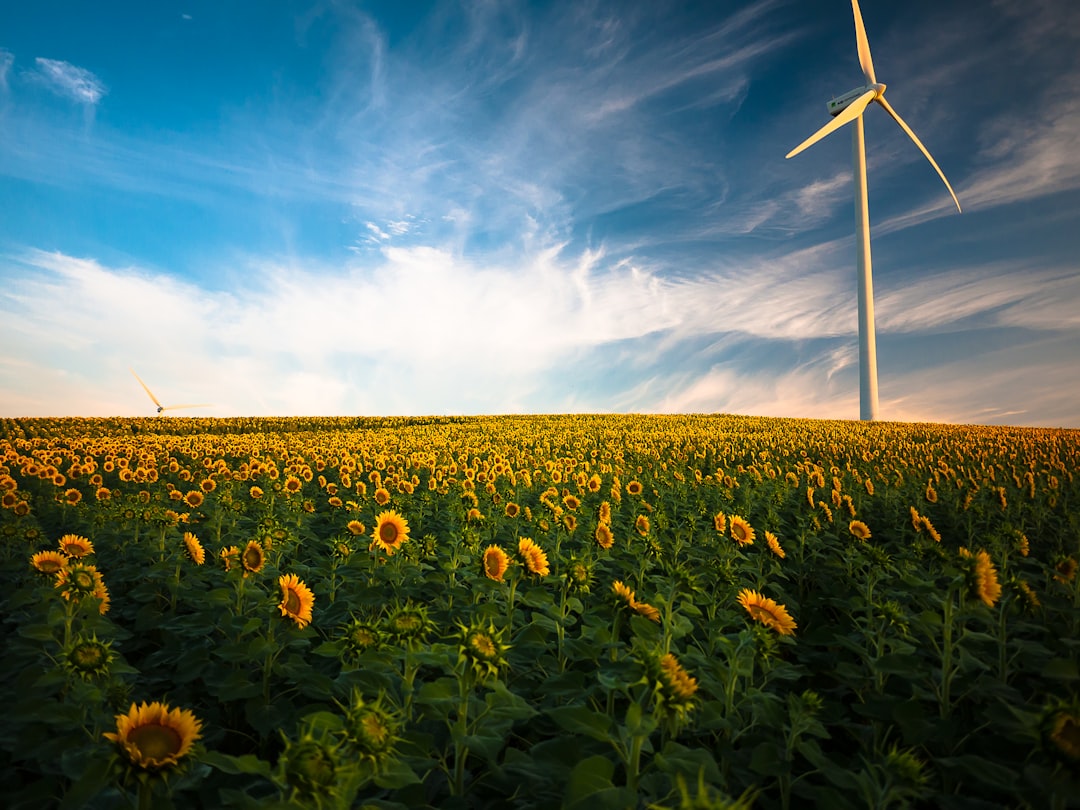
After decades of government inaction and industry lies, the good news on climate is the polling — consistent for the last decade, even! — showing large majorities of Americans accept the scientific consensus that climate change is real and caused by human activity. There’ll always be a small chunk of the population that rejects the science, but arguing with them is wasted effort — including my own comments on every climate story in the Washington Post — no matter if it’s fun.
As part of its own recent national poll on climate, the indispensable climate news site Heatmap News found that 68 percent of Americans agree with the scientific consensus, including 44 percent of Republicans (42 percent of Rs said the climate is changing, but not due to human activity, while only 11 percent still cling to the notion that the climate isn’t changing at all).
That Heatmap poll also found that three-quarters of Americans (fine, 74 percent) favor government policies to encourage schools to teach about climate change, and that includes more than half of Republicans and independents, too — 59 percent and 75 percent, respectively. And here’s a pretty encouraging result as well: That large majority didn’t vary much by region either:
We do have a feeling, though, that the overwhelming 82 percent rate of support in the “West” might be quite different if you separated out the coastal Democratic-leaning states from the coal-loving but less populous Mountain states, but that’s merely a nitpick. Or maybe not, since the editrix, who lived through it, notes that Montana is always on fire.
Climate educator Patrick Belmonte, who co-founded the environmental education nonprofit Change Is Simple, told Heatmap the results weren’t too surprising to him:
“How could you not want to educate children who are going to inherit this planet to understand it?” he asked, adding: “I don’t even understand how you can be asked that question and say, ‘No, I don’t want them to know!’”
Well, you could be frigging Idaho, which came close to stripping any mention of climate change out of its school science standards in 2018 — an effort that science educators and parents eventually defeated. Or you could be Texas this year, where climate change is finally supposed to be included in science classes, but where a state textbook panel rejected textbooks that discussed solutions to the crisis.
And that’s the sort of fight that has led to the spotty coverage of climate change from state to state. The “Next Generation Science Standards” (NGSS) framework — used by 20 states serving about a third of public school students — recommends teaching about climate change from fifth grade and up, but critics fault the standards for being too general, and some think Next Generation’s first two seasons aren’t even worth watching.
On the whole, the state of climate education is kinda poopy, according to a 2020 study by the National Center for Science Education and the Texas Freedom Network Education Fund, which graded states on whether their science standards covered four key ideas:
1.) Climate change is real
2.) Human activity is responsible
3.) It is affecting and will continue to affect nature and society
4.) It is possible to mitigate and adapt to climate change.
You can also play with this interactive version of the map to see how your state did; some states governed by rightwing Republicans got the D’s and F’s you’d expect, like Indiana, West Virginia, Texas, Alabama, and so on. (Texas added weak mentions of climate in 2021, then weakened ‘em again this year, so who knows its current grade!) But then there are surprises, like the only “A” grade going to Wyoming, the nation’s top coal producer, but whose weird Republican governor also accepts the reality of climate science.
The poll also asked people to rank the trustworthiness of various sources of information on climate change, the highest amount of trust, 45 percent, went to most climate scientists, hooray for that; while “friends or family” (35 percent), “academics and researchers specializing in environmental science” (33 percent), and “other Americans who share stories of harm suffered from climate change/extreme weather” (26 percent) outranked teachers, who came in at just 22 percent. It’s possible the relatively low scores for teachers might partly result from low confidence in some states’ lousy climate curricula, of course. If the state mandates “equal time” to coal companies, then let’s hope people aren’t believing it.
So hooray, the vast majority of Americans want good climate education that’s informed by experts in the field. It’s literally going to be the most important issue schoolchildren of today and the near future face. Now would be a good time for states to start providing it, huh?
OPEN THREAD!
[Heatmap News / PBS Newshour / Texas Tribune / National Center for Science Education]
Yr Wonkette is funded entirely by reader donations. If you can swing it, please subscribe and help us meet our goal of 5,000 fully funding filthy fuckaducks by New Year’s Day. Or if a one-time donation works best, here is the button for that — consider yourself just as filthy!



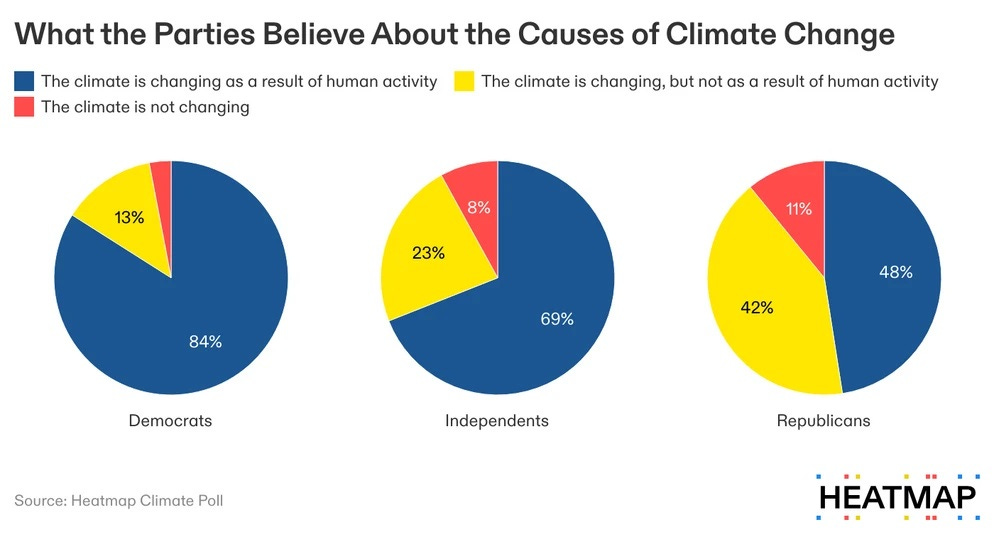
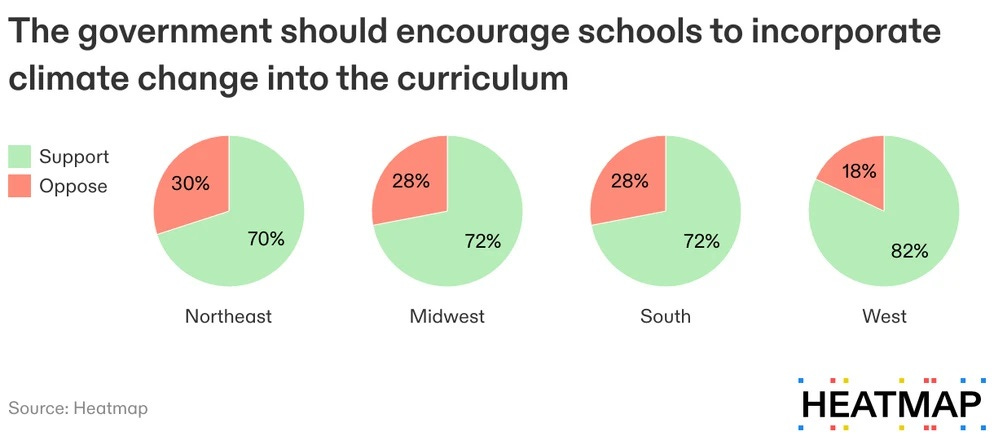
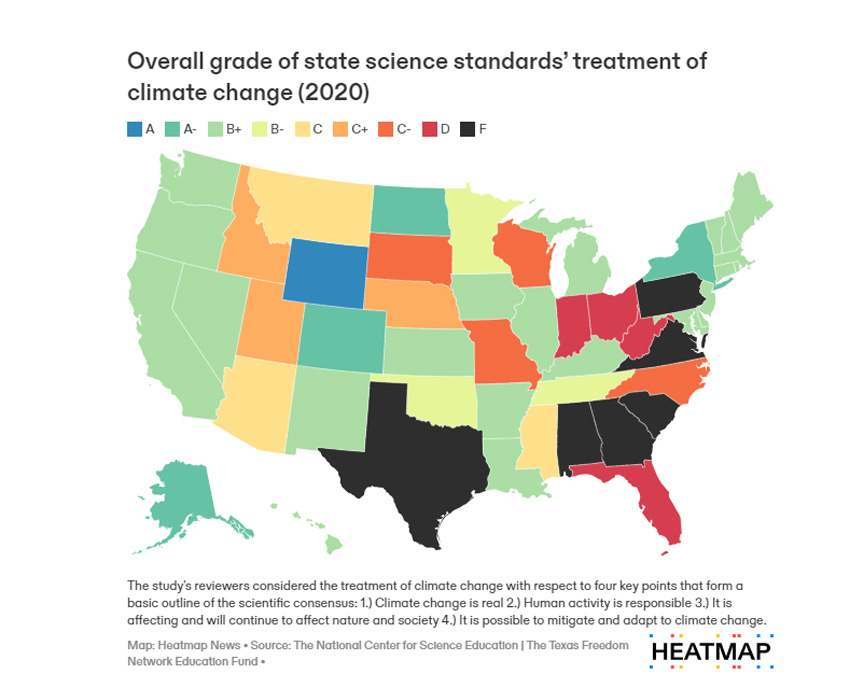
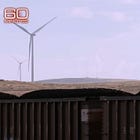


Hey, folks, I'm irrationally angry and sad and off-balance, and I think it's good if I just don't comment for a while, but if I do and I don't express myself well, it's not you, it's me.
Tonight the Empire State Building is in yellow and blue in support of Ukraine.
https://substack.com/@ziggywiggy/note/c-45716866?utm_source=notes-share-action&r=2knfuc